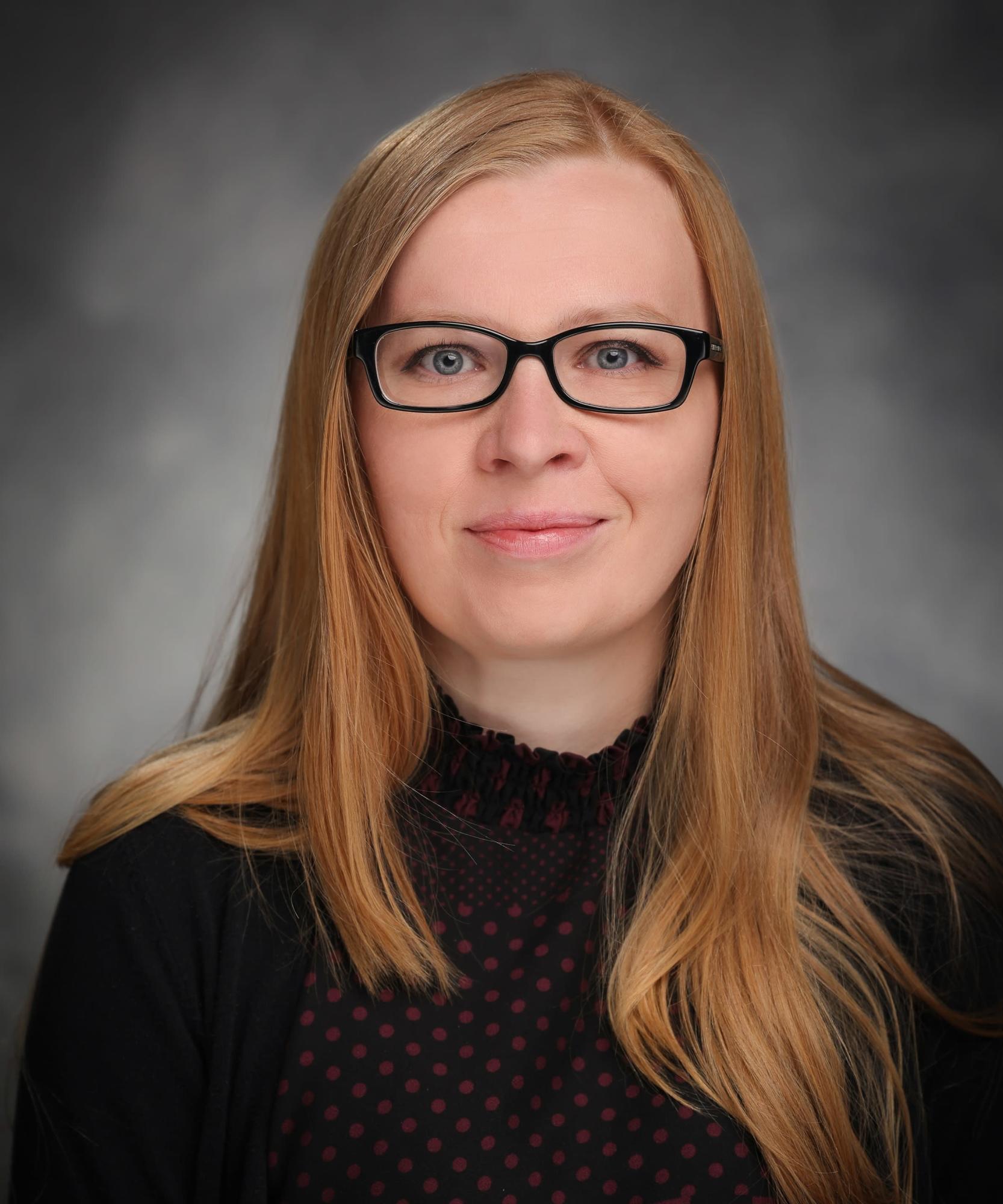Lessons Learned - December 2025
Aleksandra Tata, Duke University

I am truly grateful to the NAVBO Education Committee for inviting me to share my experiences as independent investigator. My name is Aleksandra Tata, and I am an Assistant Professor in the Department of Surgery, Division of Surgical Sciences, at Duke University School of Medicine. My scientific journey has been guided by a fascination of how cells communicate and organize to build and repair complex tissues. I began exploring these questions during my postdoctoral training in Dr. Chenghua Gu’s lab at Harvard Medical School,
where I investigated how the vascular network and endothelial cells communicate and respond to signaling cues from surrounding cells. After joining Duke University, as a Senior Research Associate and later Assistant Research Professor, I continued to pursue my interests in tissue repair, this time focusing on lung where I studied how stem cells orchestrate alveolar repair following lung injury. In November 2024, I began an exciting new chapter by starting my independent laboratory at Duke. My lab now investigates the cellular and molecular pathways governing vascular regeneration and cell-cell crosstalk during lung injury and repair. Together with my team, we aim to uncover how vascular networks regenerate and communicate to rebuild a functional lung architecture.
When I started my own lab, I learned that an academic career requires balancing numerous roles, often without any formal training. As a principal investigator, I was not only a scientist planning experiments, asking questions, and driving my research vision. I also become a mentor guiding trainees, a manager coordinating a team, and an administrator responsible for handling budgets and other paperwork. Each of these roles brings its own set of challenges, and learning to balance them takes time and patience. When I first started, I often felt unprepared for these responsibilities. But one of the most important lessons I learned was the value of asking for help. There are countless mentors, both within and outside your institution, who genuinely want to see early-stage investigators succeed.
For any new lab, obtaining financial support is both essential and challenging. Writing first grants can feel like navigating a steep learning curve. You may have exciting, innovative ideas, but translating them into a compelling and well-structured proposal requires balancing ambition with feasibility. I also learned that showing why my work matters and outlining a clear plan that can be easily understand by others is its own kind of journey and learning process. While it is easy to dream big in terms of experiments and ideas, it is much harder to design projects that are feasible given the resources, timelines, and personnel available. For me, this process involved multiple iterations, incorporating feedback from mentors, colleagues, and even trainees. Early-stage investigators often face additional pressures. In the end, that pressure became part of the learning process, guiding me toward more focused ideas. Throughout navigating building this new lab, I also learned that adaptability is key. Grant proposals may not be funded on the first attempt, experiments might fail, and unexpected challenges will arise. I came to learn that every setback, no matter how discouraging in the moment, carried a lesson and is an opportunity to develop resilience.
Another critical aspect of becoming a PI is learning to leverage your environment effectively. Every institution and department has unique strengths, whether in terms of technology, facilities, expertise, collaborations, or interdisciplinary initiatives. Recognizing and integrating these
resources into your research can dramatically amplify your impact. Being open to interdisciplinary approaches often leads to richer, more innovative science than one could achieve in isolation.
Mentorship is invaluable in this journey. Experienced scientists can guide you on how to frame your ideas, prioritize experiments, and present your vision in a compelling way. They can also help you navigate institutional resources, from grant-writing workshops to core facilities, which are often critical for early-stage investigators. Asking for advice is not a sign of weakness; it is an essential step toward building a strong foundation for your lab.
Building the team that will carry your vision forward became its own chapter in my journey as a new PI. It was very important to me to create a supportive environment where lab members are inspired to learn. I took some time to recruit lab members. I chose the team members not only for their skills, creativity and motivation but also for their personalities and how they might fit together. For me it was important to have a group that would collaborate, talk through plans, troubleshoot if needed, and enjoy the work and each other’s company. We spend a lot of time in the lab, so it is essential to understand and support each other. I believe that great science happens when people enjoy what they do. I also learned that mentoring is not just about giving scientific advice but also it is about listening, understanding each person, and supporting their growth. Watching the team to take shape and grow has become one of the most meaningful parts of building the lab.
I quickly learned that starting a lab is a marathon, not a sprint. There are days with unexpected setbacks when experiments fail and nothing seems to move forward, and there are moments of discoveries and growth that make the journey rewarding. For those who are starting a new lab, my advice is simple: invest in your team, seek guidance, embrace challenges as a part of the process, and never lose sight of the scientific questions that inspire you.